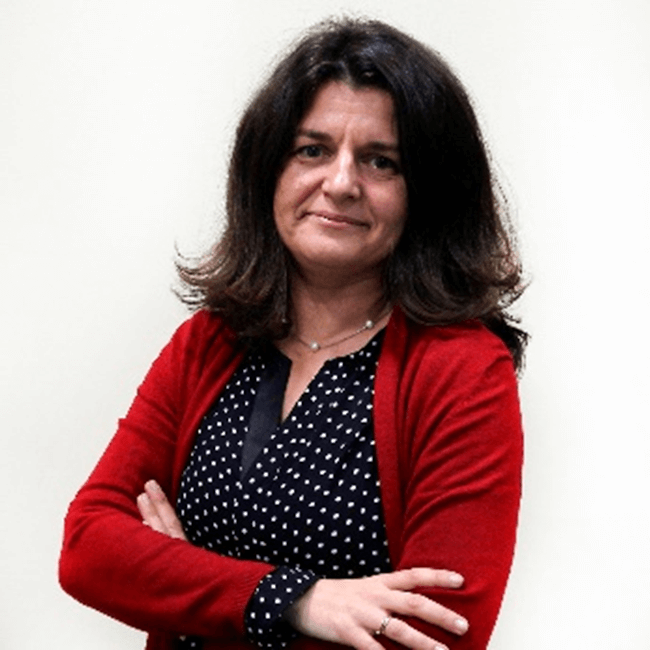Speaker

DIANA ALVES
UNIVERSITY OF PORTO. PORTUGAL
Diana Alves is a professor and researcher at University of Porto. She is also a clinical psychologist at the Service of Psychological Intervention for Children and Adolescents at FPCEUP, where she coordinates the Specialized Unit of Learning Difficulties. She has been a consultant in several interventions implemented in educational contexts aiming to promote the emergent literacy, socioemotional competence of children. She conducts research in the field of developmental psychology, as well as academic, socioemotional competence in children, having published both papers and book chapters.
She is focused on the predictors of school-age children’s peer acceptance. Although the focus of her research is on basic socio-emotional mechanisms of peer acceptance, her work has several educational implications, since it emphasizes the importance of Multi-Tiered System of Supports aiming to promote children’s academic and socioemotional.
She has empowered research experience through participation in some competitive research grants at the European (e.g., Erasmus KA3+ Policy Experiment: proW project) and national levels (FCT-funded AdoPt). She is currently involved in one international research project, the school-wide action-research project Schools2030. Her expertise in SEL, whole-school, and academic competence for children and adolescents will be an asset to this project.
PlenaMente Program: pathways to mental health at school

The project “PlenaMente” implemented by Municipality of Vila do Conde (VC) considers that the promotion of mental health in schools is crucial for the general well-being and development of students. By creating a supportive environment that recognizes and addresses emotional and personal challenges, schools can help students develop social-emotional skills and resilience. Breaking the stigma surrounding mental health issues is, a significant aspect of this effort. When schools promote mental health awareness and encourage students to seek help when needed, they help create a culture of openness and acceptance. This benefits individual students and promotes a healthier and more inclusive school community. This symposium will cover lessons learned from integrating an universal evidence-based social-emotional learning (SEL) program into four Portuguese school setting with socioeconomically disadvantaged students. Delivering a universal SEL program has been advocated as an important strategy for promoting positive development and preventing negative outcomes.
This symposium presents four communications. The first communication shares results of characterization of the school community of MVC (students by 5th-12th grade, teachers, and operational assistants) in relation to variables associated with mental health. The second will present the implementation of DROPI – a Portuguese SEL program in the 5th grade. The third describes the intervention created and implemented by secondary students in communities and finally, in the fourth communication we share the intervention implemented with teachers and operational assistant to improve their wellbeing.
All people with the mission of developing students’ social and emotional skills, including teachers, school leaders, district personnel, will learn insights about our journey of piloting and implementing the Second Step program in Portugal. Particular emphasis will be given to the supportive and challenging conditions we face. By sharing our experience we hope to validate, inspire and/or expand knowledge on social emotional learning initiatives.







